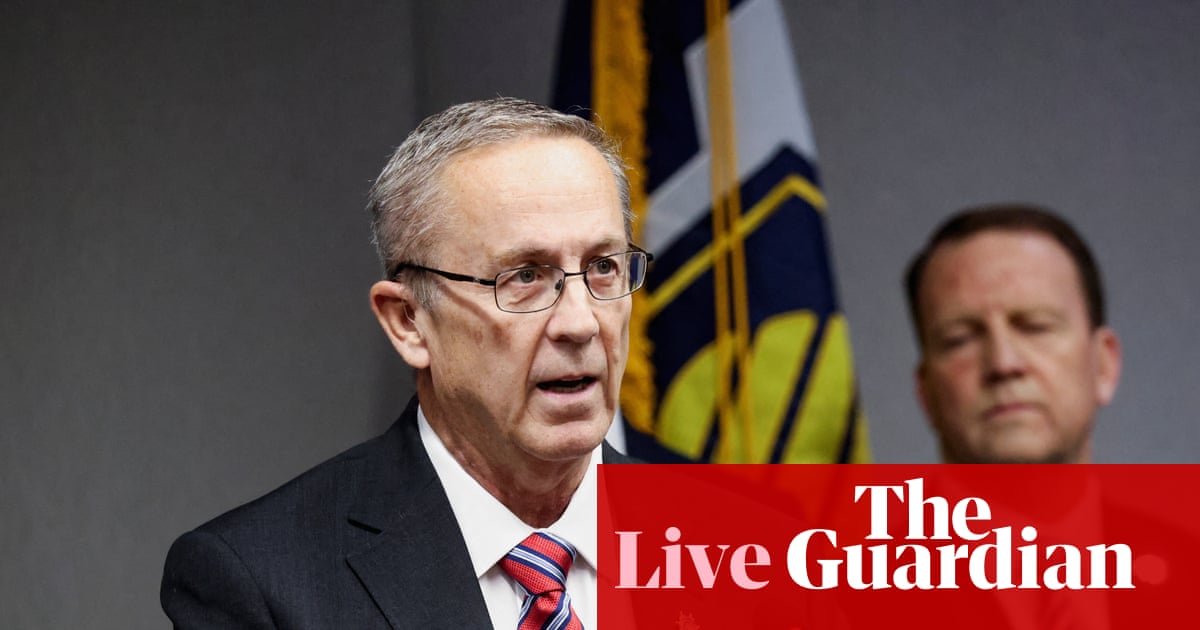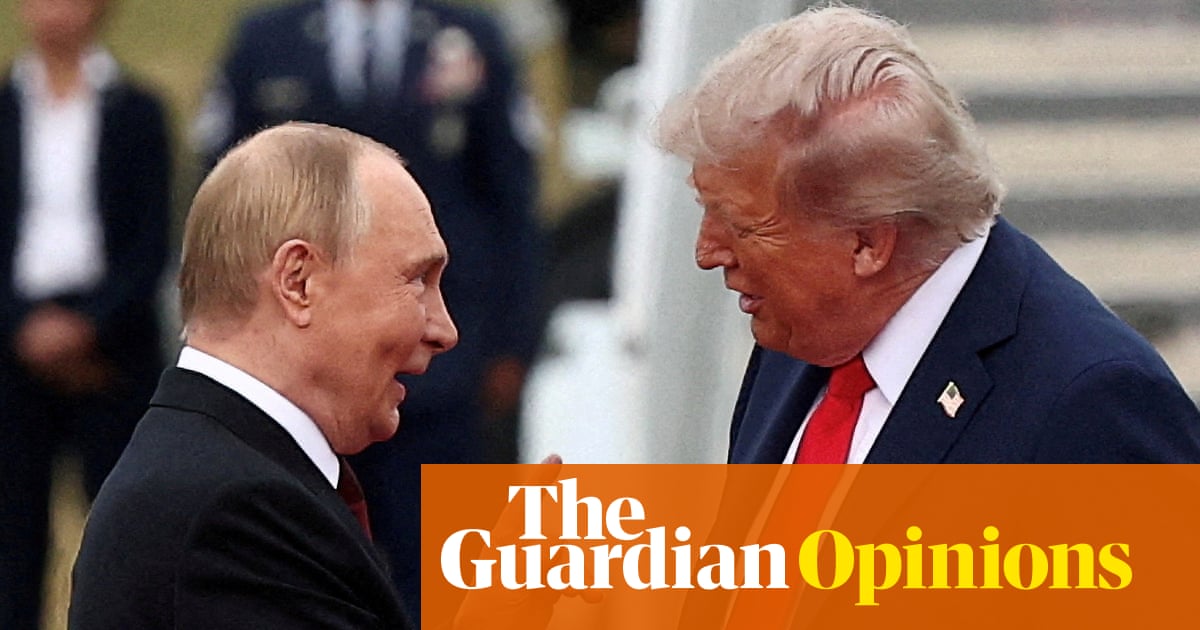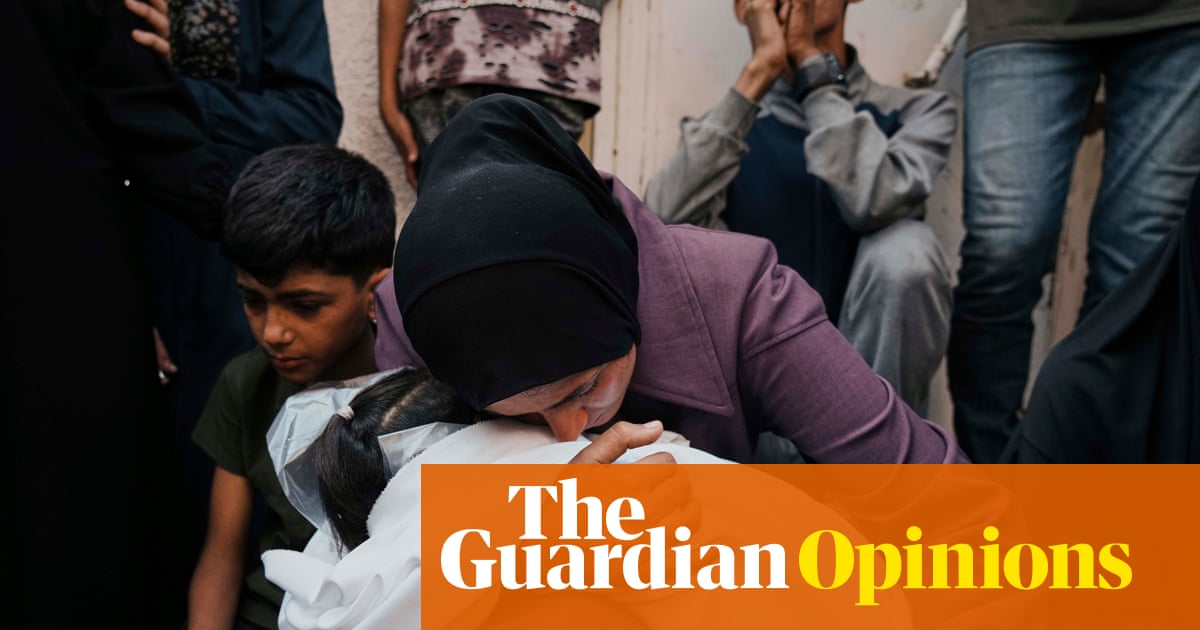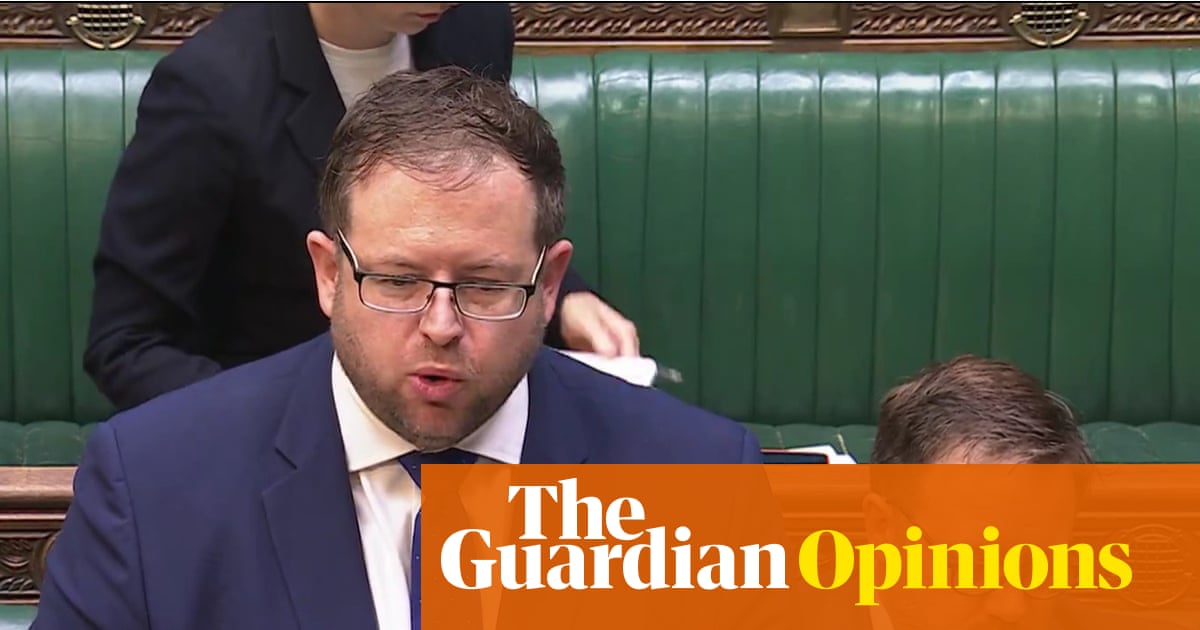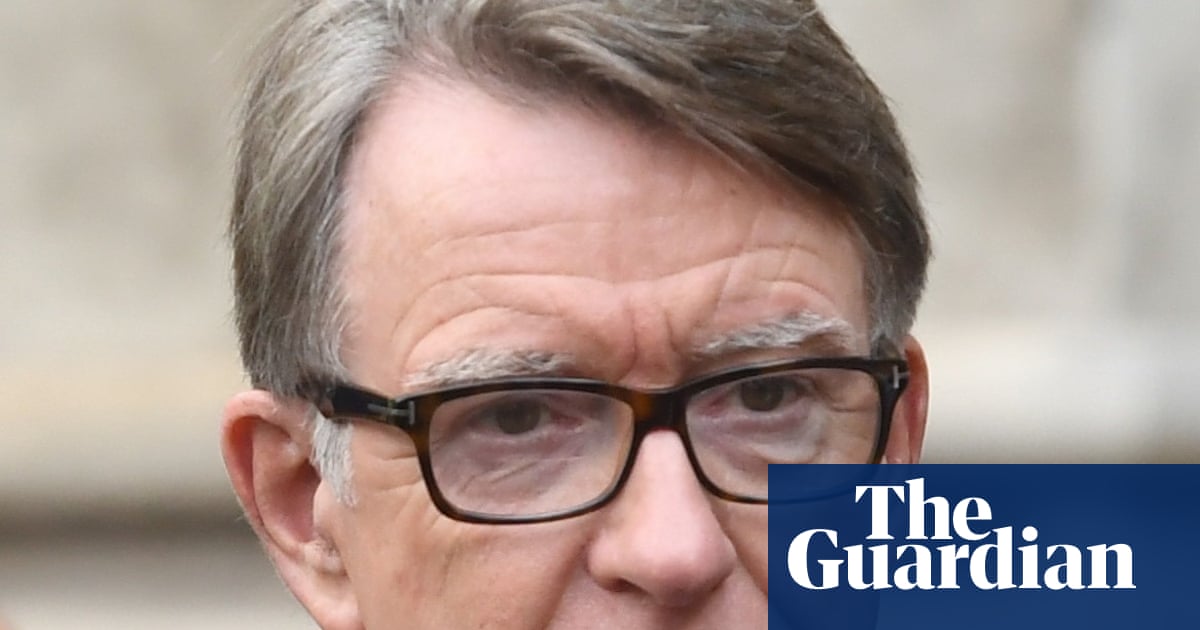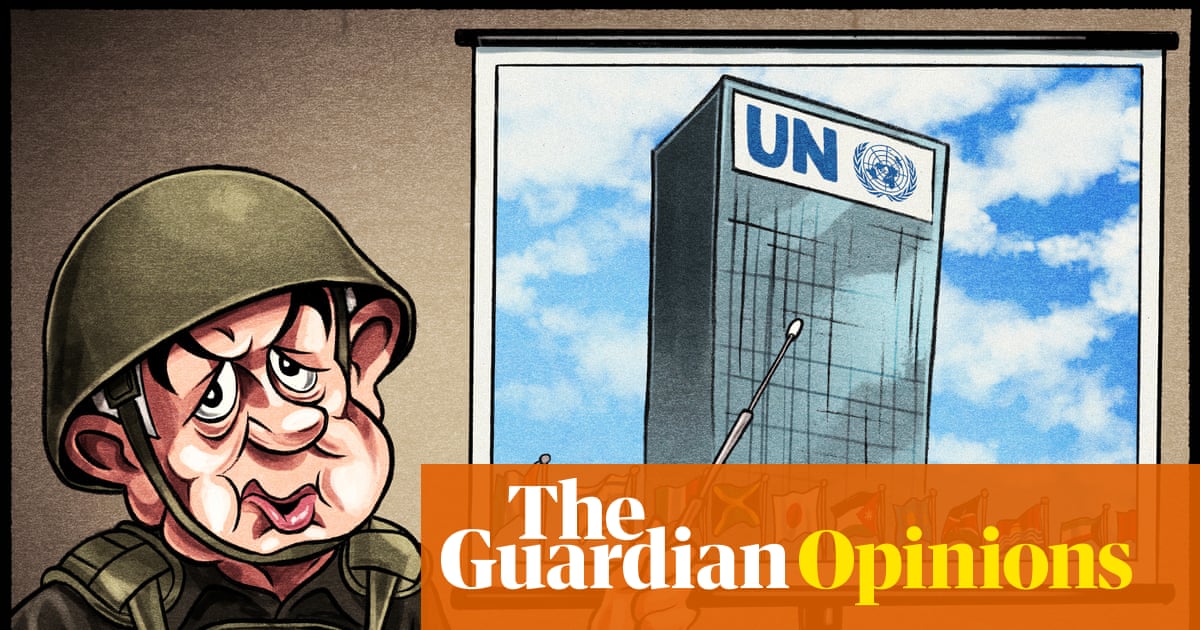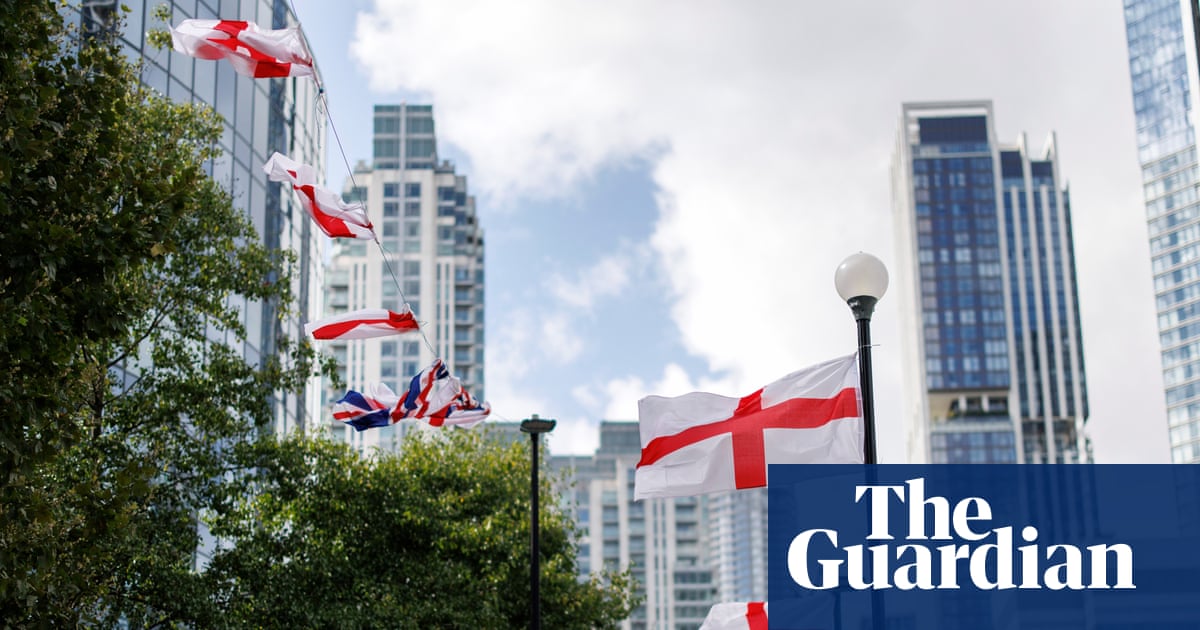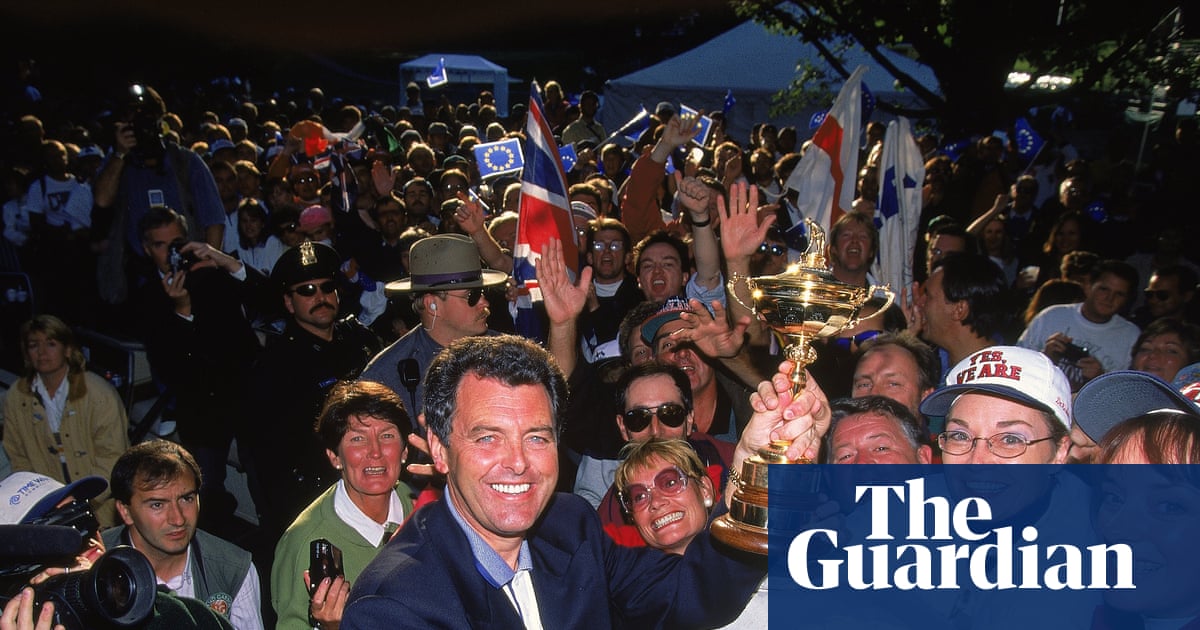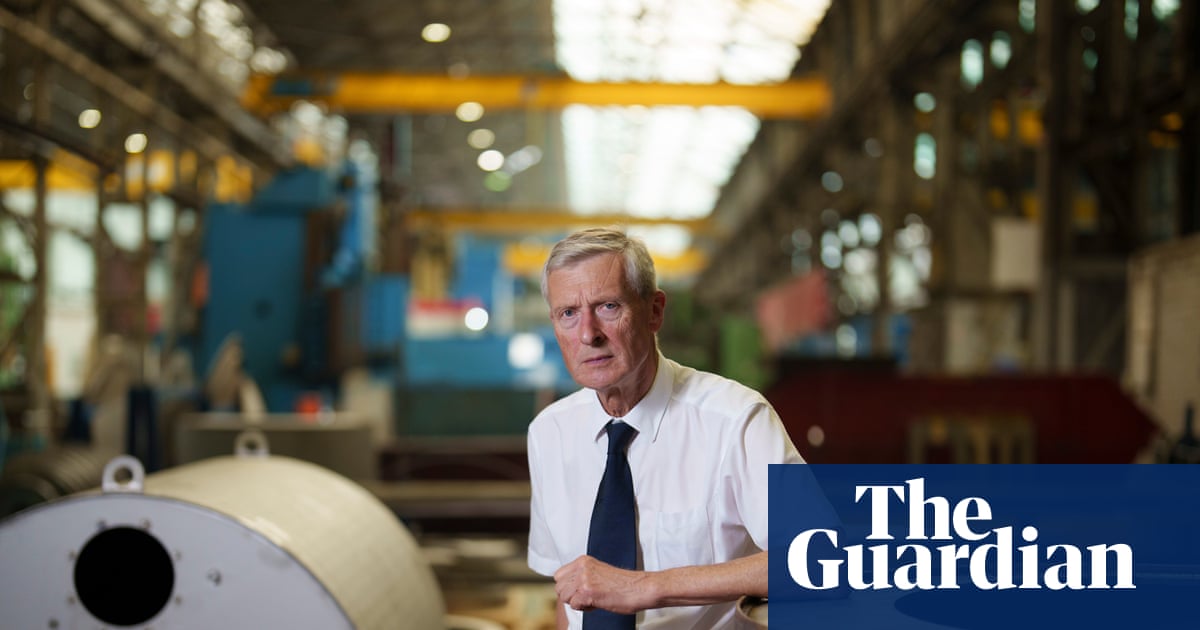Future generations will look back on this moment as a turning point, when an unrelenting campaign was waged to erase the Palestinian people, and ask how this was allowed to happen.
How world leaders, faced with a choice between complicity and courage, enabled genocide. How they denied Palestinians our inalienable right to self-determination and return, and chose to support occupation over freedom, apartheid over equality. Today, after decades of appeasement and impunity, Israel has entrenched one of the longest military occupations in modern history, one that seeks not only to control Palestinian life but to extinguish it.
As the Palestinian ambassador to the UK, I call on the British government to end this vicious path, right its historic wrongs and officially recognise the state of Palestine while the conditions are uniquely ripe to do so. The UN conference on the two-state solution next week presents an immediate opportunity for the UK to join the rest of the world to recognise the state of Palestine. This means the recognition of the independence of our people and sovereignty of our land as defined by international resolutions, full membership at the UN and diplomatic relations as accorded to all member states.
Recognition is neither a reward for one party nor a punishment for another; it is a long-overdue affirmation of the Palestinian people’s unconditional right to exist and live freely in our homeland. It is a central foundation on which a peaceful future can be built.
To those who say now is not the right time, I ask: If not now, when? The genocide in Gaza – where entire neighbourhoods lie in rubble, tens of thousands are dead or missing, and starvation is being used as a weapon of war – has exposed Israel’s intent to ethnically cleanse Palestinians from their land and galvanised global support. In the occupied West Bank, thousands of families are being forced from their homes, their villages razed and replaced with illegal settlements, under the orders of openly racist ministers who reject the very idea of a Palestinian state.
In Britain, the Labour party has the necessary mandate, having run on a party platform of recognising a Palestinian state, as well as having the overwhelming support of the British parliament and public; the UK would join 147 UN member states, including Spain, Ireland, Norway and Slovenia, in doing so. And across the Atlantic, with the Trump administration consumed by domestic turmoil, the UK can lead diplomatically, as it did when it gathered Europe’s leaders in an attempt to end the war in Ukraine. Meanwhile, the UK’s closest partners in the region are clear in their calls for the establishment of the state of Palestine, with East Jerusalem as its capital, and are urging the UK, France and other remaining countries to get on board.
Recognition is not a symbolic gesture, nor is it the end of the road. It is an irreversible first step. Neither should recognition be subject to ever more conditions on the Palestinian side. Delaying recognition simply reinforces the deadly status quo, denying Palestinians political agency or equal rights until Israel consents, thus granting our occupier a permanent veto over our future.
The Israeli government, for its part, has made its position unmistakably clear; its policies are a blueprint for permanent occupation. The recent announcement of 22 new illegal settlements and the Israeli Knesset last year voting overwhelmingly to “oppose the establishment of a Palestinian state west of Jordan” leaves no room for ambiguity about the Israeli plan to ethnically cleanse us from our land. At this stage, non-recognition is not neutrality, it is a political decision, to side with apartheid, occupation and the continued erasure of the Palestinian people. Recognition is not only a moral imperative – it is a legal one, laid out by the international court of justice.
The announcement by the UK government to sanction two Israeli ministers was a welcome step, but it does not confront the heart of the issue. The core of the problem is not the actions of a few extremists, but a longstanding, deeply entrenched Israeli doctrine aimed at displacing and replacing the Palestinian people in their own homeland. That is why we have called on the UK to hold the entire ecosystem accountable: to sanction the Israeli government, impose a full arms embargo and hold those complicit in war crimes accountable. These actions must go hand in hand with an immediate recognition of the state of Palestine; one cannot be a substitute for the other.
Boris Johnson once wrote that the Balfour declaration left the UK with “unfinished business”: a promise of Palestinian rights and statehood that was never fulfilled. More than a century later, that failure has brought us to the brink, threatening not only the Palestinian people but the prospects for peace and stability in the entire region. The time for the UK to finish that business is now.
As Palestinians, and alongside a growing global movement for peace and justice, we continue to struggle for a future where our children can enjoy the same freedom, dignity and opportunity as children everywhere. That future remains impossible under occupation. Peace is not made between occupier and occupied; it can only exist between equals.
This is a moment of historic consequence. It demands moral clarity and political courage. I urge the UK to rise to the moment and act now.
-
Husam Zomlot is the Palestinian ambassador to the United Kingdom

.png) 3 months ago
44
3 months ago
44

